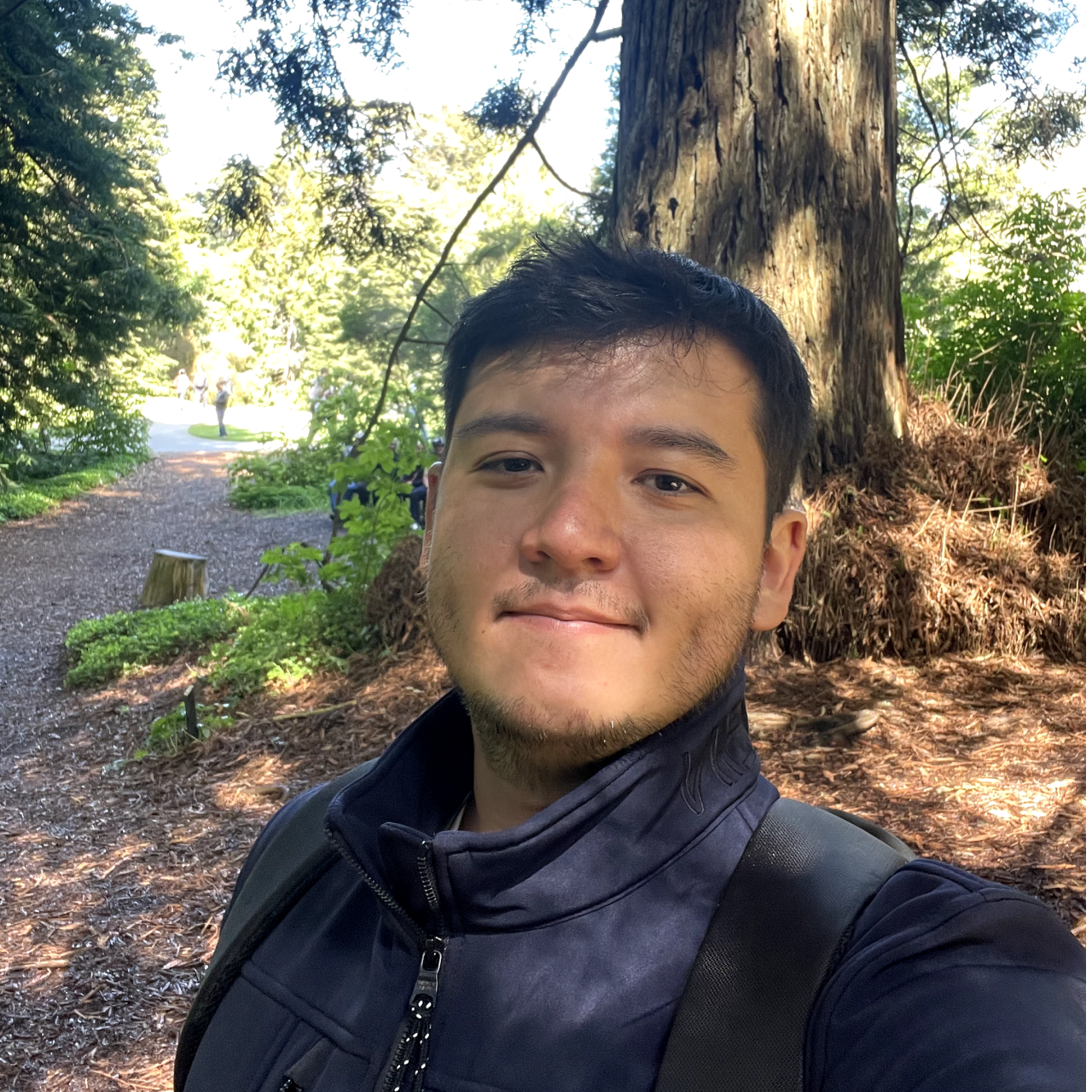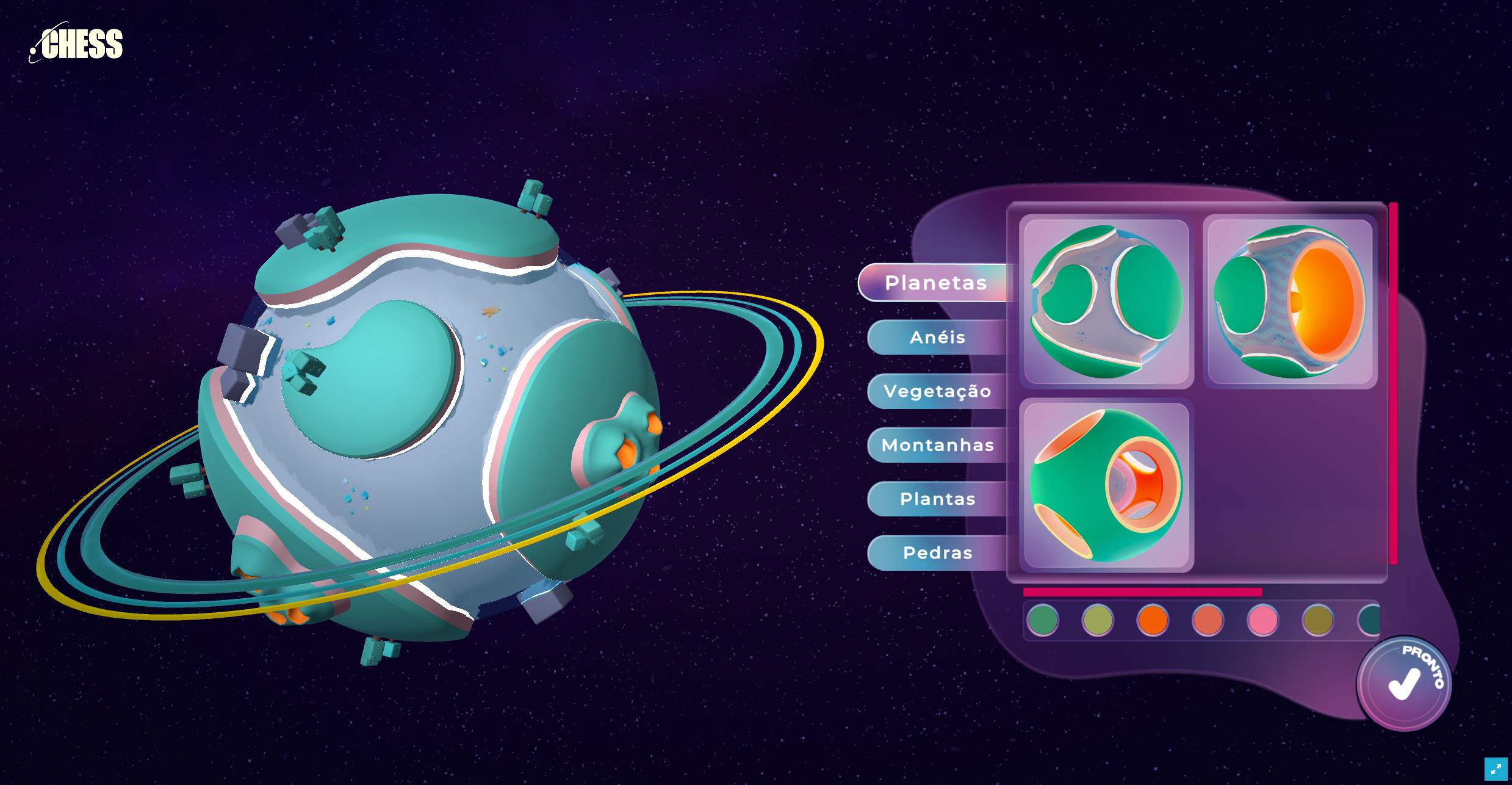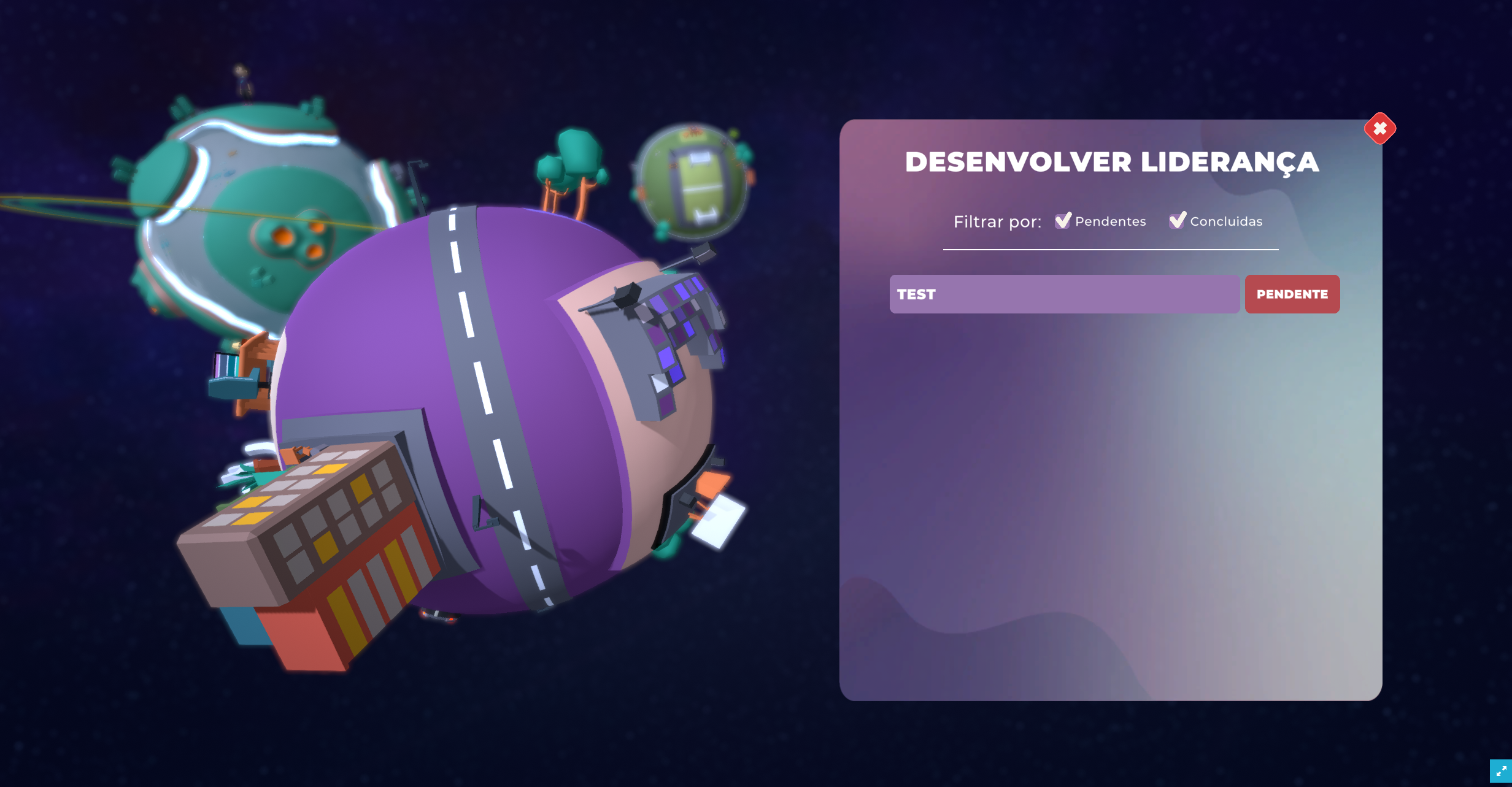Overview
We are witnesses that there is an appreciation for individuality in the stories of great leaders. They need to be able to hire well, set expectations, and interact productively with their bosses. What they do, instinctively, is chess.
Mediocre, individualistic leaders assume (or expect) that their employees are all motivated by the same things and driven by the same goals. They want the same kinds of relationships and learn more or less the same things.
They define behaviors that don't come naturally and tell them to work. They praise those who overcome their natural styles to conform to pre-established ideas. They believe the manager's job is to mold or transform employees into the perfect version of the job. They do what they call the “career plan” in the industry as if we were robots.
However, great leaders try to keep a person's style. They know they can't push a knight to move the same way a bishop can. They know their employees will be different in thoughts, in relationships, in how selfless they are, how patient they can be, how expert they need to be, how prepared they need to feel, what motivates them, and what challenges them. And what your goals are.
Differences in traits and talents are like blood types: they cut across the superficial variations of race, gender, and age and capture the uniqueness of each person. Like blood types, most of these differences are enduring and resistant to change. Time is the most precious resource of all, and no different for a manager. Great managers know that the most effective way to invest their time is to identify precisely how each employee is different and then figure out how best to incorporate these enduring idiosyncrasies into the overall plan.
To excel at managing others, you must bring the above insight into your actions and resources. Always remember that excellent management is about the release rather than transformation. It's about constantly adjusting your environment so that the unique contribution, like individual needs, is each employee's unique style to have the net loss.
The idea origin:
Julia Aieta, one of the most dedicated professionals at Hurb, was talking to João Ricardo, the company CEO, after returning from a vacation in France, and commented, with good reason, that there was no well-made career plan for her.
A career plan is more or less like this. Making an analogy to the little prince;
All career plans were one-sided. As we disagreed with these dogmatics, we designed the chess. For you to have an idea, below is the first version of the chess (note: it was created on the same day that Júlia told me the above):
Chess Quiz:
PART A: CAREER AND LIFE PRIORITIES
1. Of the things you have done in life, what are you most proud of?
a. To what do you attribute your success in this endeavor? Any personal qualities?
2. What was the hardest to overcome of all the obstacles you have encountered?
a. How did you do it?
b. Any that you did not overcome?
3. Has there been a particular project or event that has significantly influenced the direction of your career? If so, tell me a little about it.
a. How did it stimulate your interest?
b. How did it develop over time?
c. How important was this project/event to your creative accomplishments?
d. Do you still have engaging, stimulating experiences like this?
4. What advice would you give a young person starting in (the subject's area)?
a. Is that how you did it? If not, how is your current perspective differentfrom the way you started?
b. Would you advise (concerning the importance of field] few social contacts or many? Mentors, peers, colleagues?
Establish your own identity early/ or late? Work with leading organizations.
c. Would you advise (concerning the importance of domain: Specialize early or late? Focus on leading ideas or work on the periphery?
d. Would you advise (concerning) the importance of person] intrinsic versus extrinsic reasons? Tie work to personal values or separate?
5. How would you advise a young person on why it is essential to get involved in [subject's área]?
a. Is that why it was important to you? If not, how is your current perspective different?
6. How did you initially become involved or interested in Subjects areal? What has kept you involved for so long?
7. Have there been points when what you were doing became less intensely involved- ing-seemed less exciting or important to you? Can you describe a time that stands out?
a. What were the circumstances?
b. What did you do?
PART B: RELATIONSHIPS
1. If there has been a significant person (or persons) in your life who has influenced or stimulated your thinking and attitudes about your work. a. When did you know them?
a. How did you become interested in them (e.g., did you actively pursue them)?
b. How did they influence your work and/or attitudes (e.g., motivation, personal or professional values)?
c. In what ways was he/she a good and/or bad teacher?
d. What kinds of things did you talk to this person about (e.g., personal, general career-related, specific problems)? f. What did you learn from them? How to choose what problems to pursue? Field politics and marketing yourself?
The Next Level:
After building the main logic and testing it inside the company, we create a new experience based on the model. So we start to create a gaming platform that lets leaders structure a Chess game format for their employees.
On the game, the person will be able to see watch they need to do to achieve their next go, not only on the professional side but also in their personal life. To do it, we partnered with a start-up called Sight Dot.
The result was a platform where the person can create an avatar and a planet. Around this plant are four moons, each one representing a trail to acquire skills on specific topics, hard skills, soft skills, leadership, and well-being.
They also can interact with other employees, validate skills, mark milestones on the day-by-day activities, as the help that someone gave, a knowledge share. As the employees start to evolve on their missions and achieve their milestones, they begin to see it as a skill tree, which helps to see the evolutions.
At last, the employee can be rewarded for their achievements with prizes in the game or in their real life.
Now we are just making the last adjustment on the platform to start using Hurb and make it open source. So other people can test and modify it according to their needs.

Victor Kato
Head of the Loon Factory
Indutrial Design - PUC-RJ - Pontifical Catholic University of Rio de Janeiro

João Ricardo Mendes
Hurb - CEO

Cauê Melo
Software Engineer
Information Systems - Unirio - Federal University of the State of Rio de Janeiro












